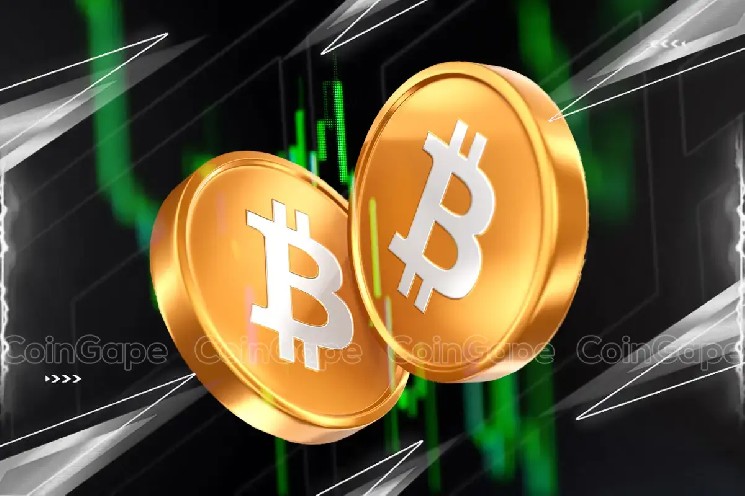Market trend insight: Can the release of the US "Crypto Market Legislative Principles" dispel the regulatory fog? Where will digital assets go in the future?
This article is machine translated
Show original
Market Trend Insight: Can the U.S. "Crypto Market Legislation Principles" Dispel the Regulatory Fog, and Where Will Digital Assets Head in the Future?
How can you easily grasp the market hotspots, technological trends, ecosystem progress, and governance dynamics happening in the Web3 industry? The "Market Trend Insight" column launched by Web3Caff Research will delve into the frontline, explore, and filter current hot events, and provide value interpretation, commentary, and principle analysis. Looking beyond the phenomenon to its essence, immediately follow us to quickly capture the frontline market trends of Web3.
**Author:** wuyue.eth, Web3Caff Research Researcher
**Cover:** American Flag, Typography by Web3Caff Research
**Word Count:** Over 2500 words
In recent years, the development of the U.S. crypto market has been accompanied by regulatory uncertainty. This uncertainty is mainly reflected in the ambiguous definition of digital assets' legal attributes, with the Securities and Exchange Commission (SEC) and the Commodity Futures Trading Commission (CFTC) having long-standing disputes over jurisdiction of cryptocurrencies. For example, the SEC initiated lawsuits against XRP and Coinbase based on the "Howey Test" (established by the U.S. Supreme Court in the 1946 SEC v. W.J. Howey Co. case, used to determine whether a transaction constitutes an "investment contract" [i.e., securities]), while the CFTC classifies Bitcoin and Ethereum as commodities. This regulatory arbitrage space has led many enterprises to avoid U.S. regulation through offshore entities, but the risks are ultimately borne by global users, with the FTX collapse being a typical case.
Meanwhile, there is a fundamental conflict between traditional financial regulatory frameworks and the native characteristics of crypto technology. Existing securities laws assume the existence of a "centralized issuer," but DeFi protocols like Uniswap lack a clear responsible party, making current regulatory methods ineffective. Additionally, the banking system requires asset custodians to hold relevant licenses, while self-custody wallets like MetaMask cannot meet this requirement, becoming a significant barrier to traditional financial institutions entering the crypto market. In terms of global regulatory competition, regional regulatory frameworks such as the EU's Markets in Crypto-Assets (MiCA) and Hong Kong's virtual asset service provider system have been implemented. If the U.S. continues to maintain a regulatory vacuum, it may lose its leading position in innovative fields.

Source
Disclaimer: The content above is only the author's opinion which does not represent any position of Followin, and is not intended as, and shall not be understood or construed as, investment advice from Followin.
Like
Add to Favorites
Comments
Share






